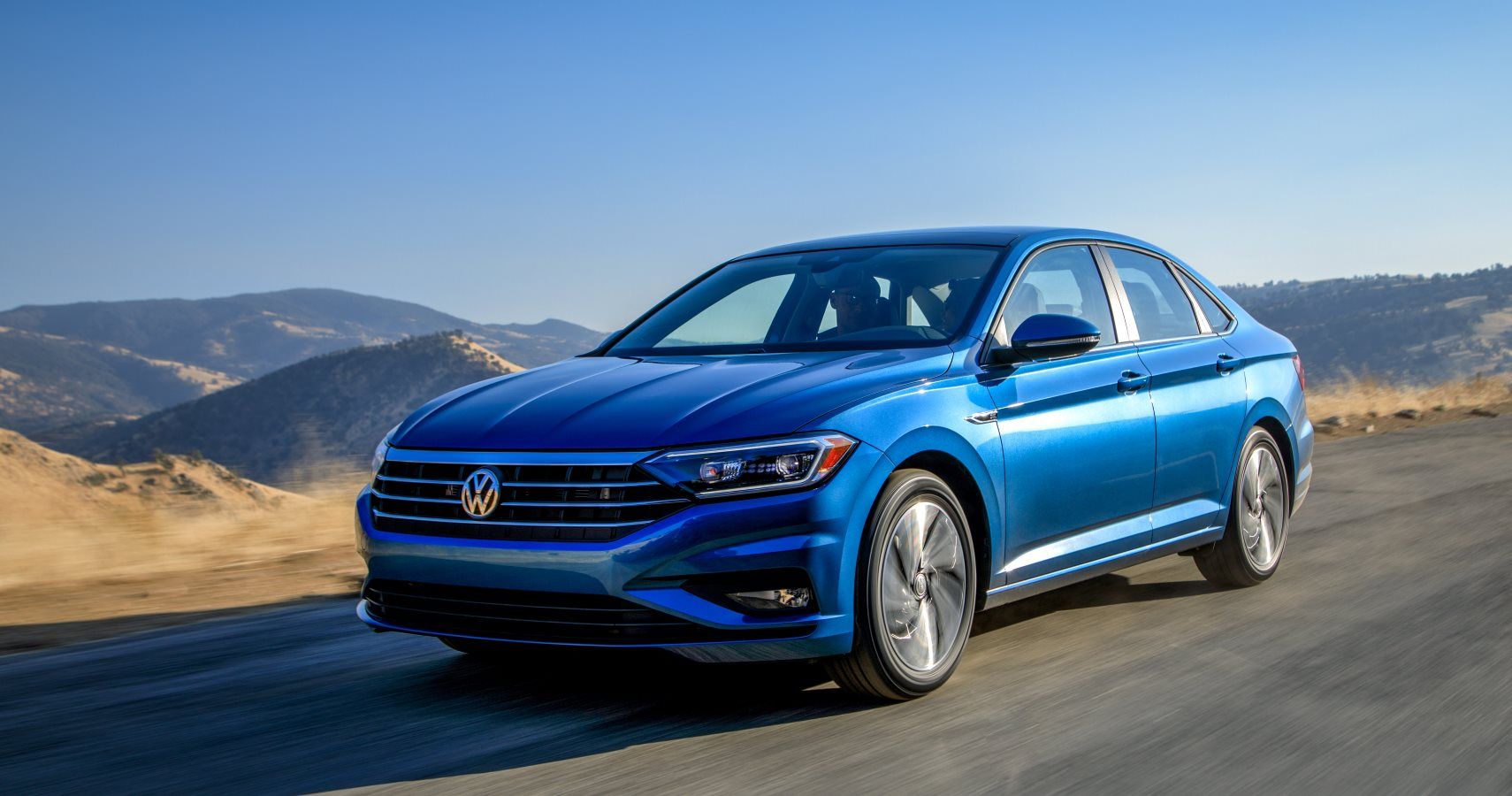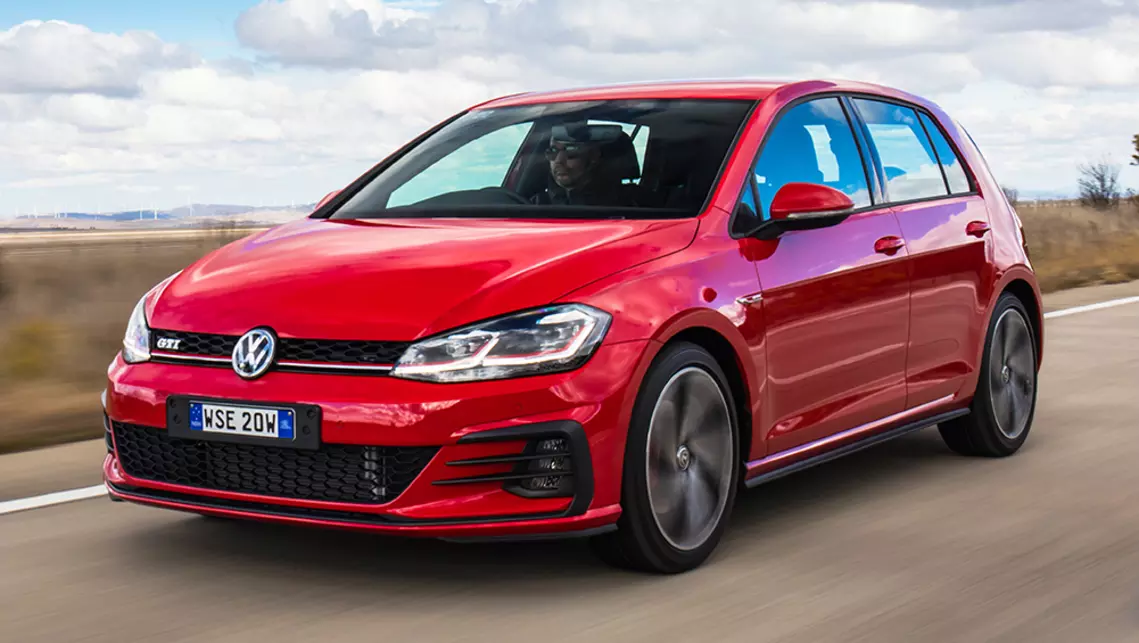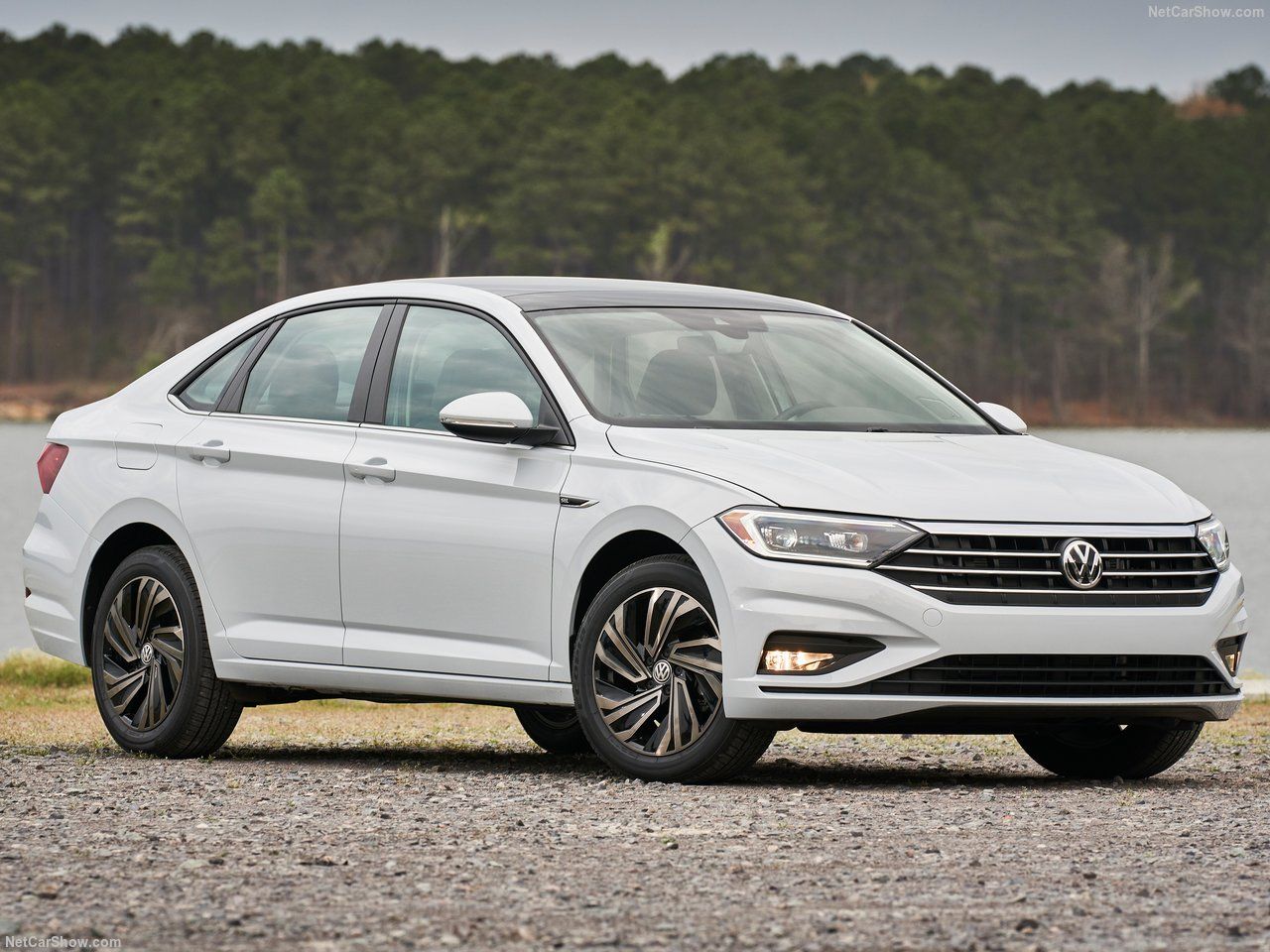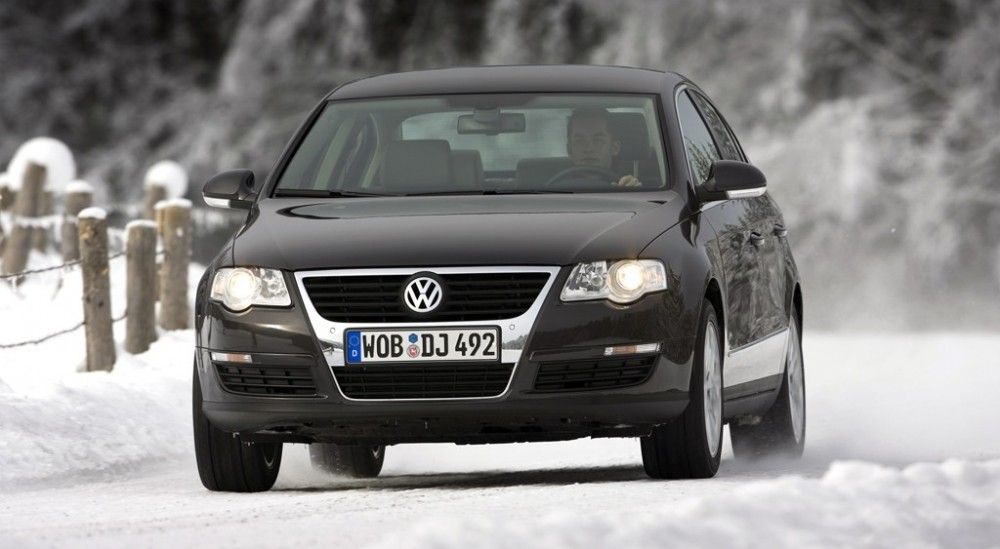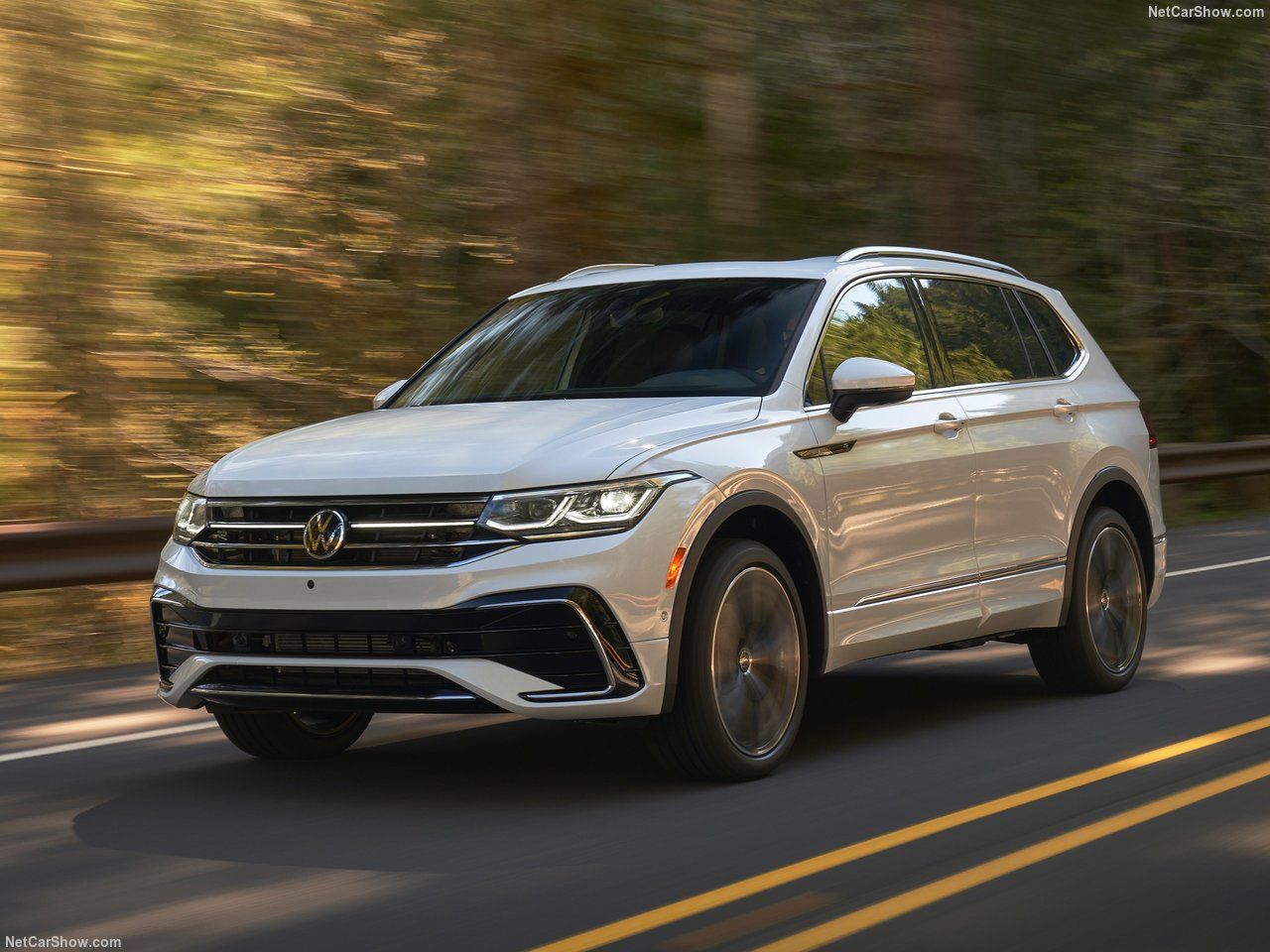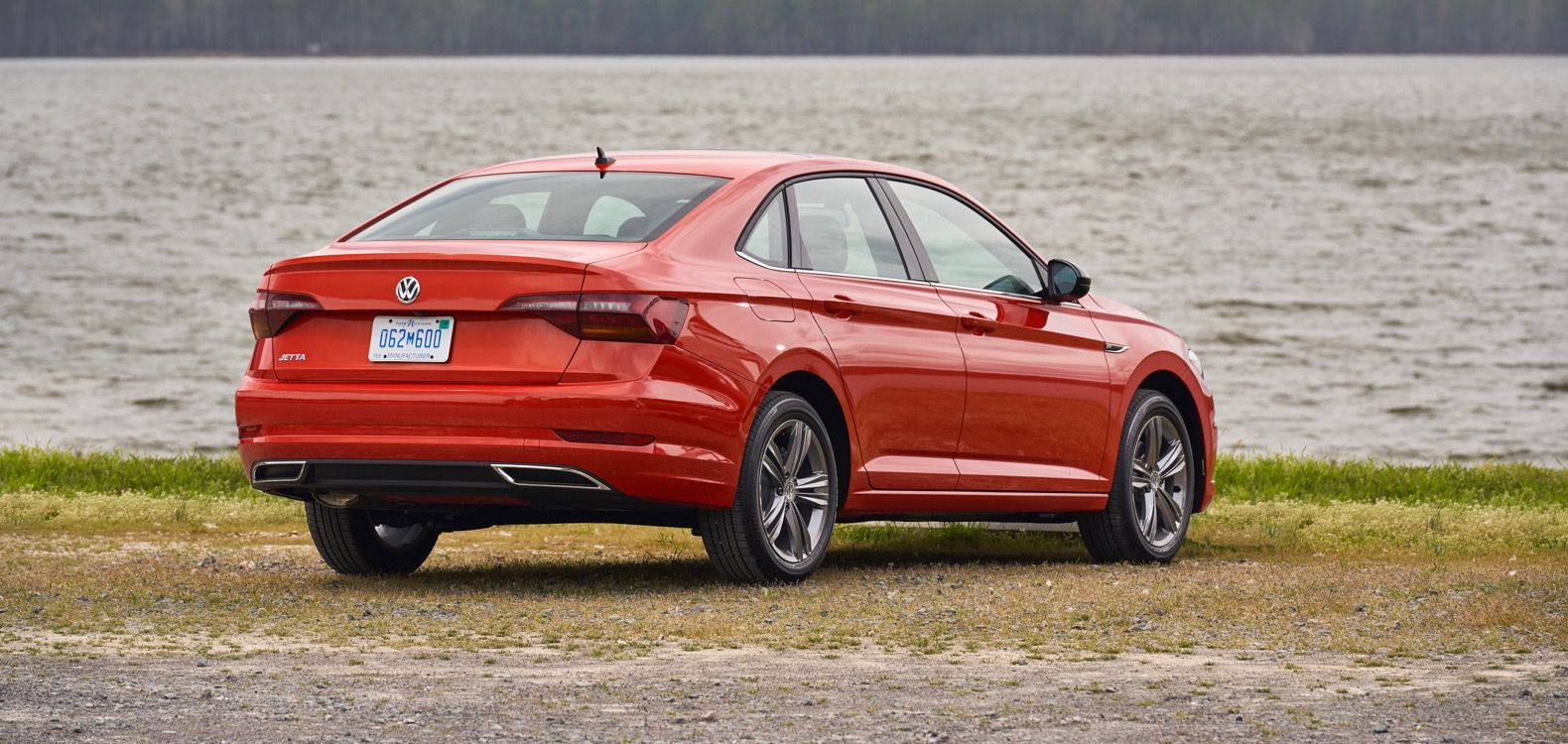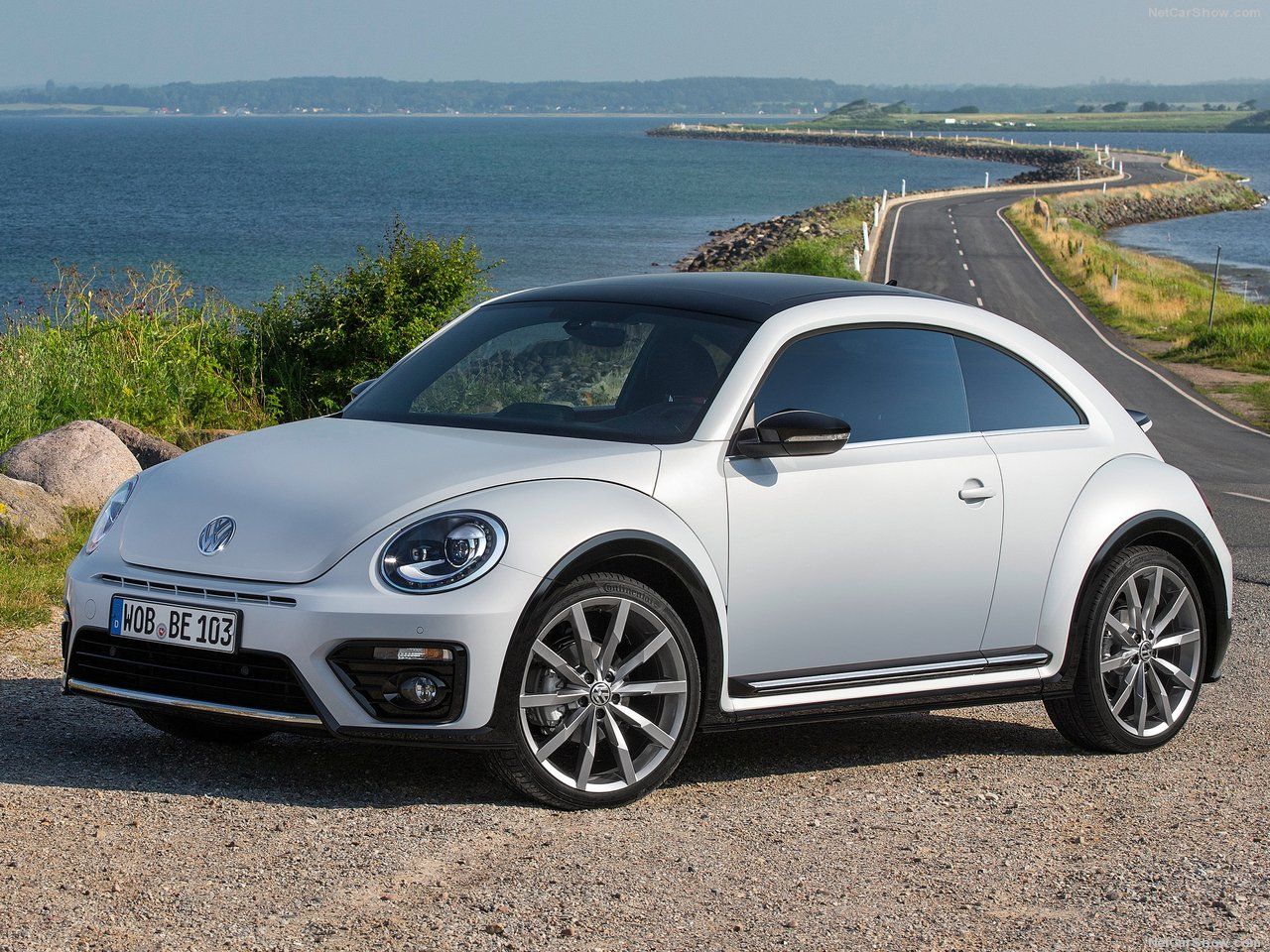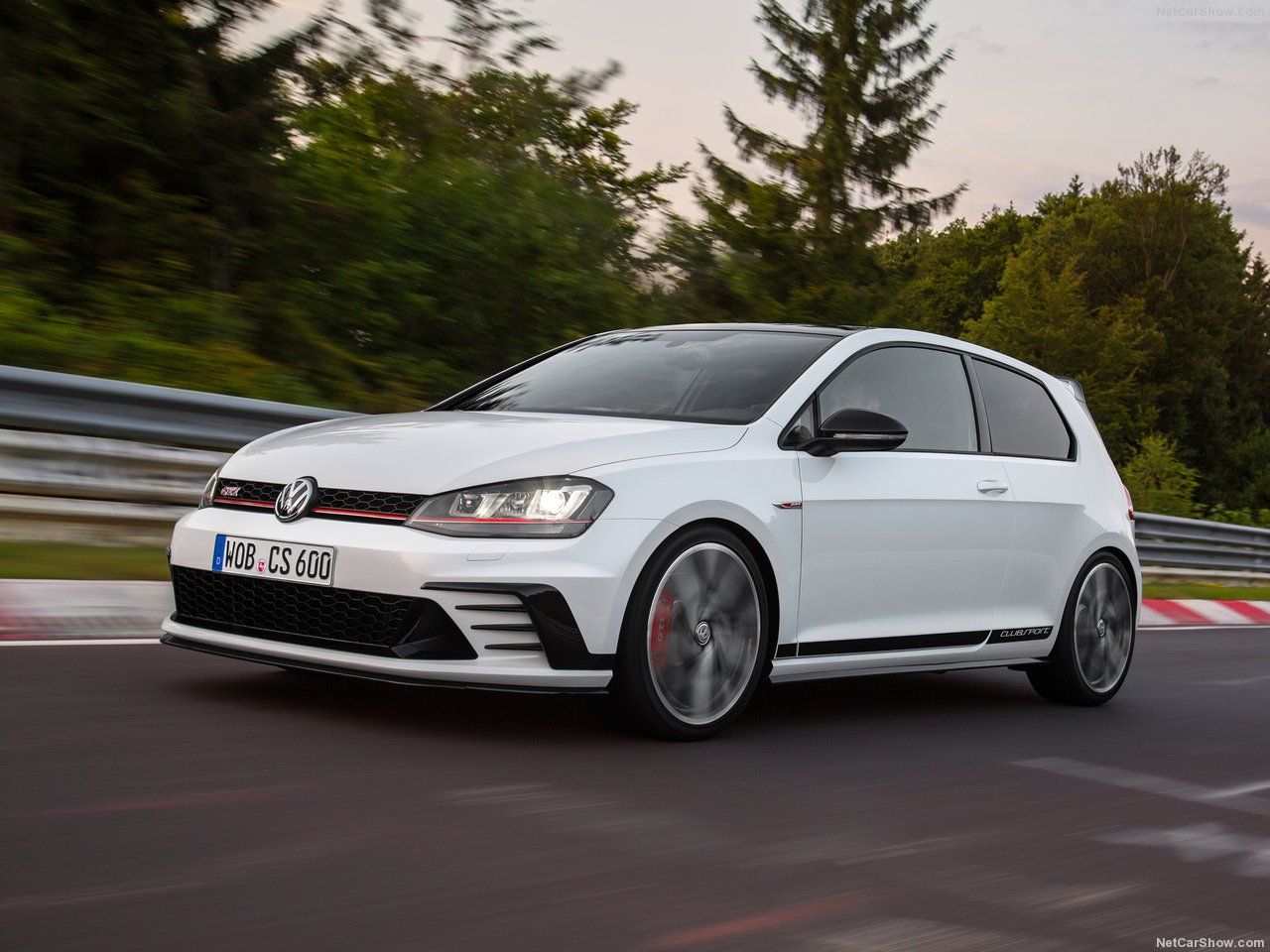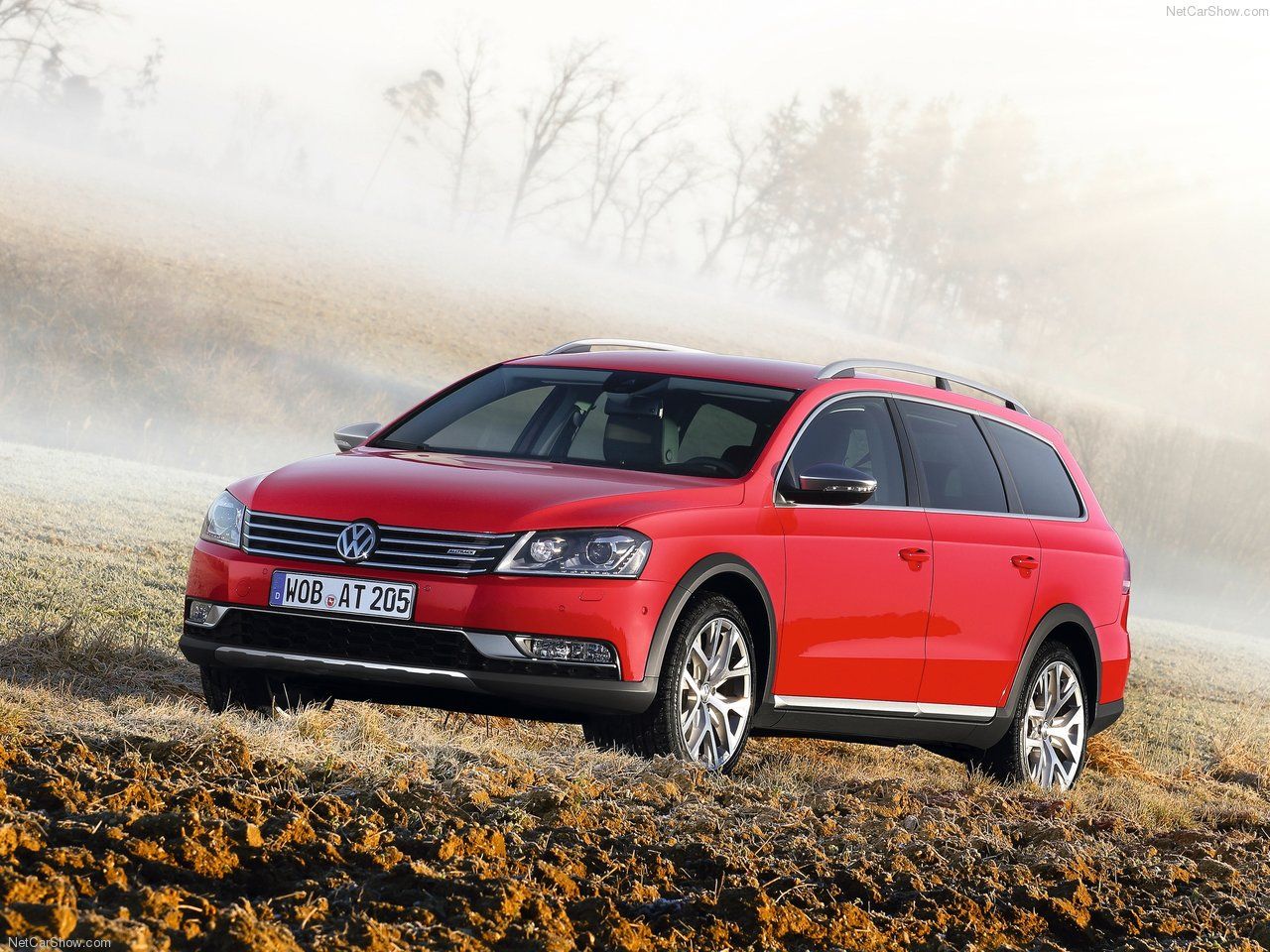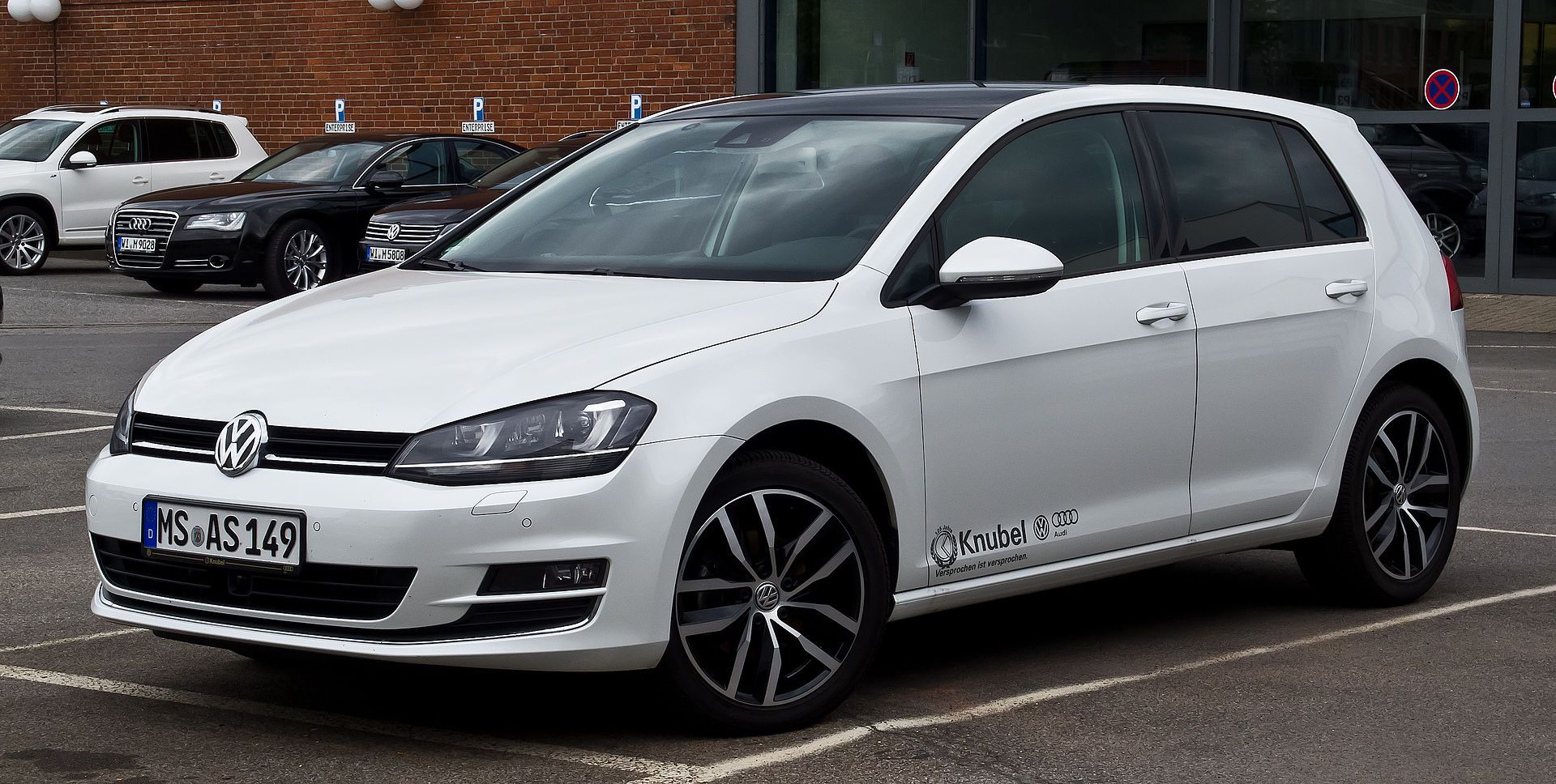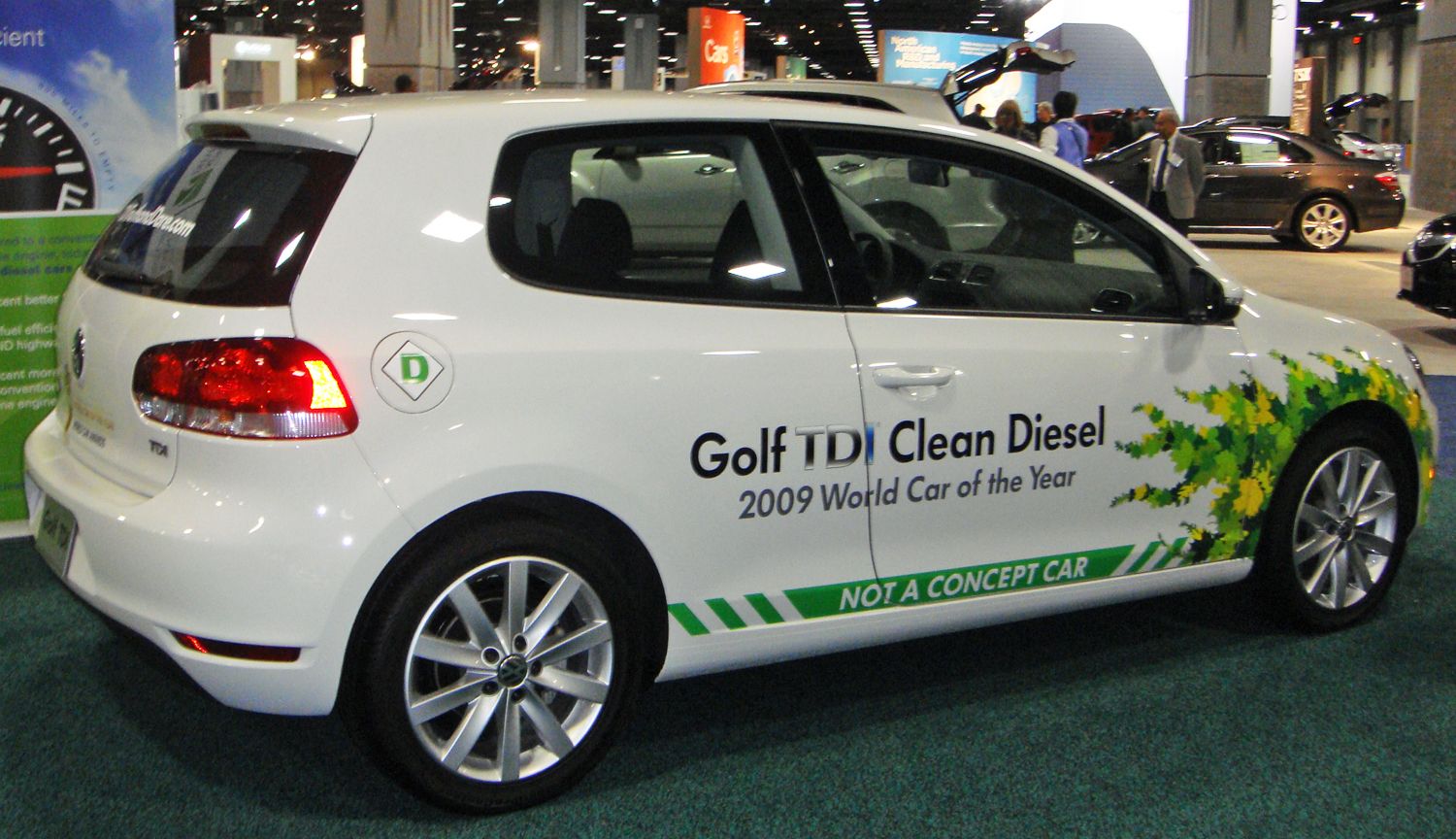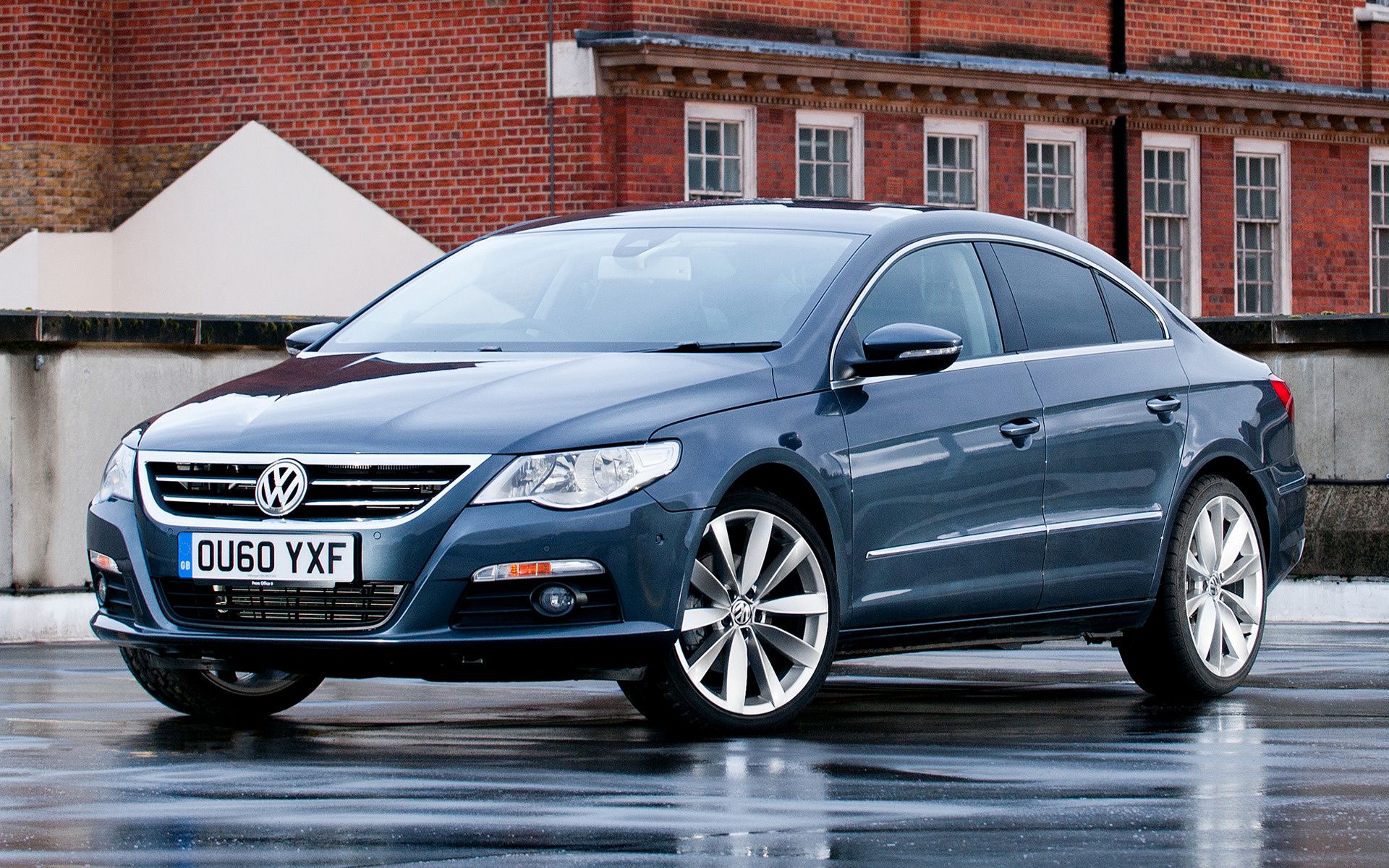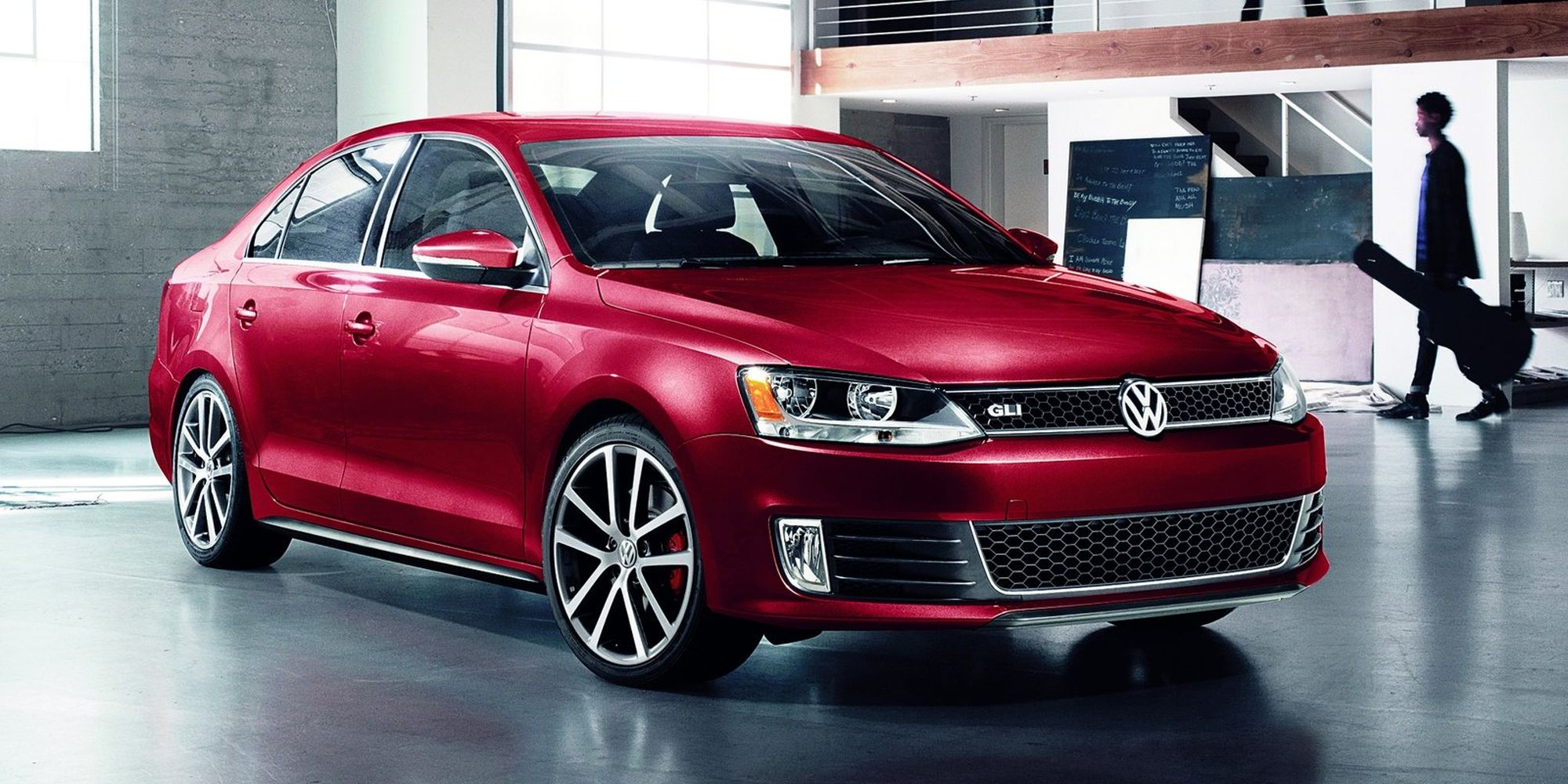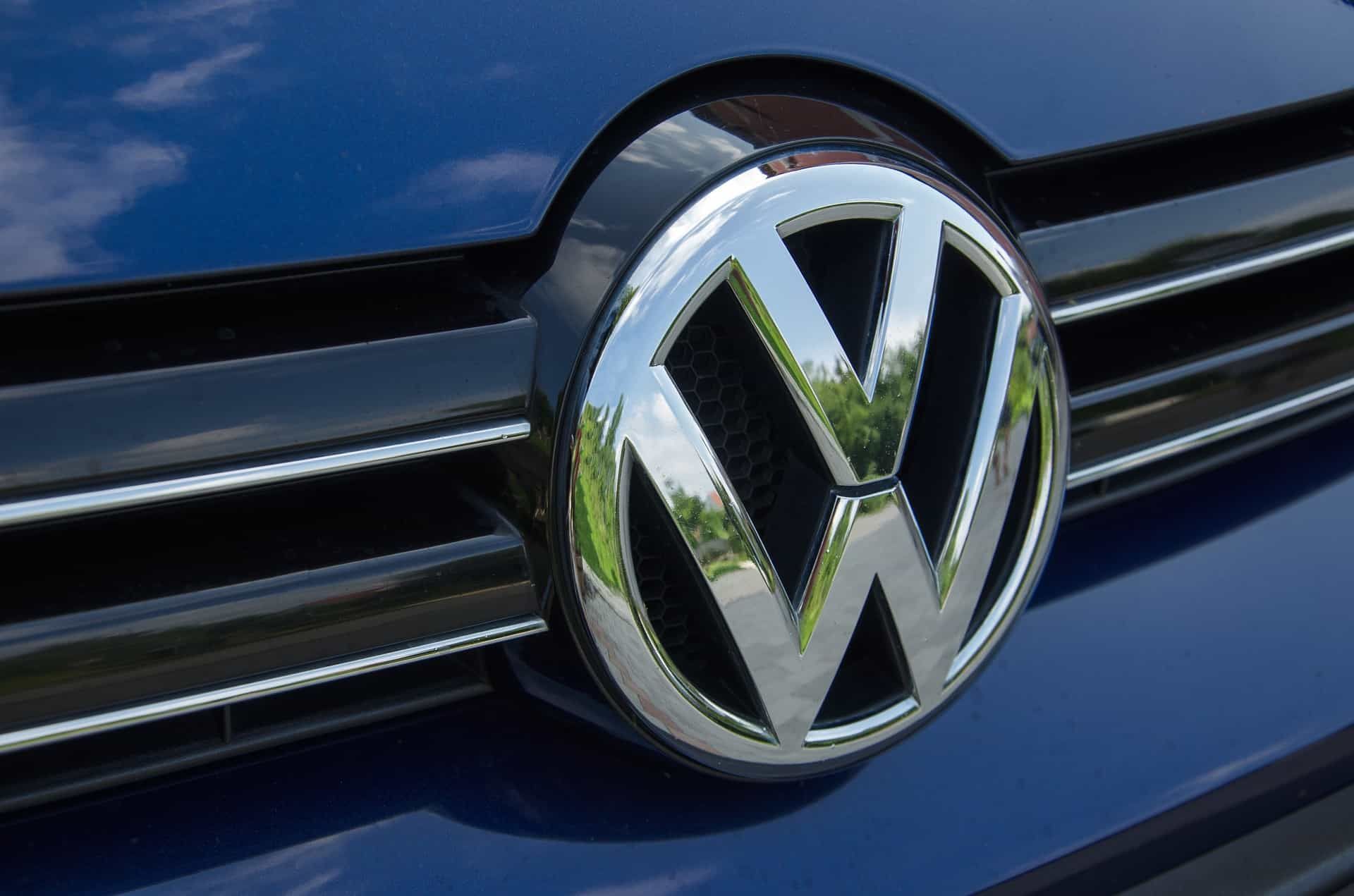German automaking giant Volkswagen remains the second-largest car manufacturer in the world, being second only to Japanese marque Toyota. Well-known all over the world for producing quality vehicles that can churn out performance when pushed, Volkswagen has made quite the name for itself over the course of its 85-year history. However, no carmaker has a completely spotless history, as no car itself is ever faultless. In order to reach the heights that Volkswagen has, there surely need to be some missteps and problems, to which the German brand is no exception.
While the German brand is looked at as a higher-end luxury carmaker in North America, their largest market, there are several problems with the cars in general which buyers happily stay quiet about, simply to justify their purchase.
Several problems plague the German marque, and things don’t seem to be looking too good lately, what with their emissions scandal still fresh in the minds of people, and the way Volkswagen has dropped out of the top-ten selling car brands in America. Here are the problems with owning and driving a Volkswagen car that owners prefer to keep quiet about.
8 Unreliable Coil Springs Often Break
Faulty coil springs are a fairly common problem when it comes to Volkswagen cars. Expensive both in time and money to fix, the coil springs on cars like the Golf and the Volkswagen Passat are fairly prone to rusting and corrosion. In the very worst scenarios, they have also been known to break off completely.
A huge safety concern, this is an issue that that crops up not just in old cars whose brakes have been used a fair amount of time and years, but even some newer models, which have no business going around with brittle coil springs.
7 Excessive Oil Consumption And Sludge Build-Up
While for Volkswagen, burning through a quart of oil at every 1000 miles might be acceptable, we'd beg to differ on what can be deemed acceptable when it comes to oil consumption as ghastly as this. Fairly common across all models after around the 60,000 mile-mark, VW cars are not known to sip oil.
Oil sludge or engine sludge, too, is a remarkably common problem that Volkswagen owners come across. From a decade ago, the German marque's 1.8-liter turbocharged engine was the most at fault when it came to sludge, owing to which the brand even had to reach a settlement with owners regarding the sludge problems back in 2010.
6 Transmission Problems Have Plagued Even Their Newest Cars
This isn't an old problem that Volkswagen can look back at. In fact, fairly new models like the 2019 Volkswagen Jetta, and even the Golf are defaulters when it comes to transmission problems. The Jetta in the 2019 model year even faced massive recalls for the same.
While Volkswagen's TipTronic transmission is a modern system, it isn't without its inherent weak points. Hard shifts in the lower rev range, especially going from the first into the second, erratic shifting and even a shudder in the torque convertor are some problems which plague the Volkswagen transmission often.
5 VW Cars Still Face Electronics Issues
Sure, Volkswagen has been on a steady rise up when it comes to reliability all across the board, in every aspect of their cars, but some late-model Beetles, GTI's, Golf, and Jetta model still continue to be affected by electronics issues.
An electrical switch defect in within the gear selector itself is no small problem, and it definitely spelled doom for all the cars affected by it, leading Volkswagen to recall a whopping 679,000 vehicles to fix their electrical defects, since the problem could easily have led to rollaways.
4 Volkswagen Cars Have A History Of Questionable Reliability
For much of the past decade and a half, Volkswagen has been plagued with powertrain reliability issues, stemming majorly from the electronics and transmission sector. Especially in their high-volume four and five-cylinder engines which are present in the Passat, the Jetta and other cars across their lineup.
The sad thing about having a Volkswagen ownership experience is that when things do go wrong, they go all the way wrong, which then ends up driving repair and servicing costs high up, making it a much worse bargain than what the average consumer would be comfortable with.
3 The Emissions Scandal Still Looms Large On Volkswagen’s Image
Even though VW has made significant strides over the past few years in terms of quality, the emissions scandal has all but wiped out any positive sentiment the automaker may have engendered with the public. Fudging test results about how much their cars hurt the environment is not something that would be forgotten easily, at least not any time soon.
This, in turn, has seemed to develop a stigma in the minds of mass-market shoppers, for whom reliability remains the key factor in deciding which brand's dealership they end up at. Furthermore, bad reliability survey results from JD Power don't make things any better, with Volkswagen not being even in the top 20 car-makers in the American market even in 2022.
2 Owners Will Expect You To Ignore Strange Noises Like They Do
You're driving shotgun next to your friend who owns a Volkswagen, and you can't for the life of you carry the conversation because there's a strange noise that tells you there's something wrong with the car. Your friend, however, seems oblivious, as would other VW owners be, since, frankly, they're used to it. Volkswagen's cars do happen to have their fair share of problems, and one of the common ones is strange noises.
Take the Jetta, for example. One of the most reported problems with the sedan is the presence of strange noises, although it is restricted to manual trims of the car. Similarly, the Tiguan faces strange clunking noises as well, and even Golf owners have reported strange transmission noises.
1
They Aren't All That Better Than The Competition, Despite The Premium
Despite Dieselgate, Volkswagen did manage to recover its crown as the biggest-selling automaker across the globe, and the brand has even made a remarkably convincing battery-electric lineup of vehicles. However, for a brand whose name literally means 'the people's car', its surprising how they haven't been able to cut down on their car-making costs.
Yes, Volkswagen's cars remain overpriced when you compare them to competitors who are in the same business of providing the mass populace with daily commuters that are occasionally fun. Volkswagen cars are not budget cars when you put them next to a Ford or an Opel or Renault overseas, and for the premium one pays, there really isn't all that much they're getting in terms of reliability or tech.

